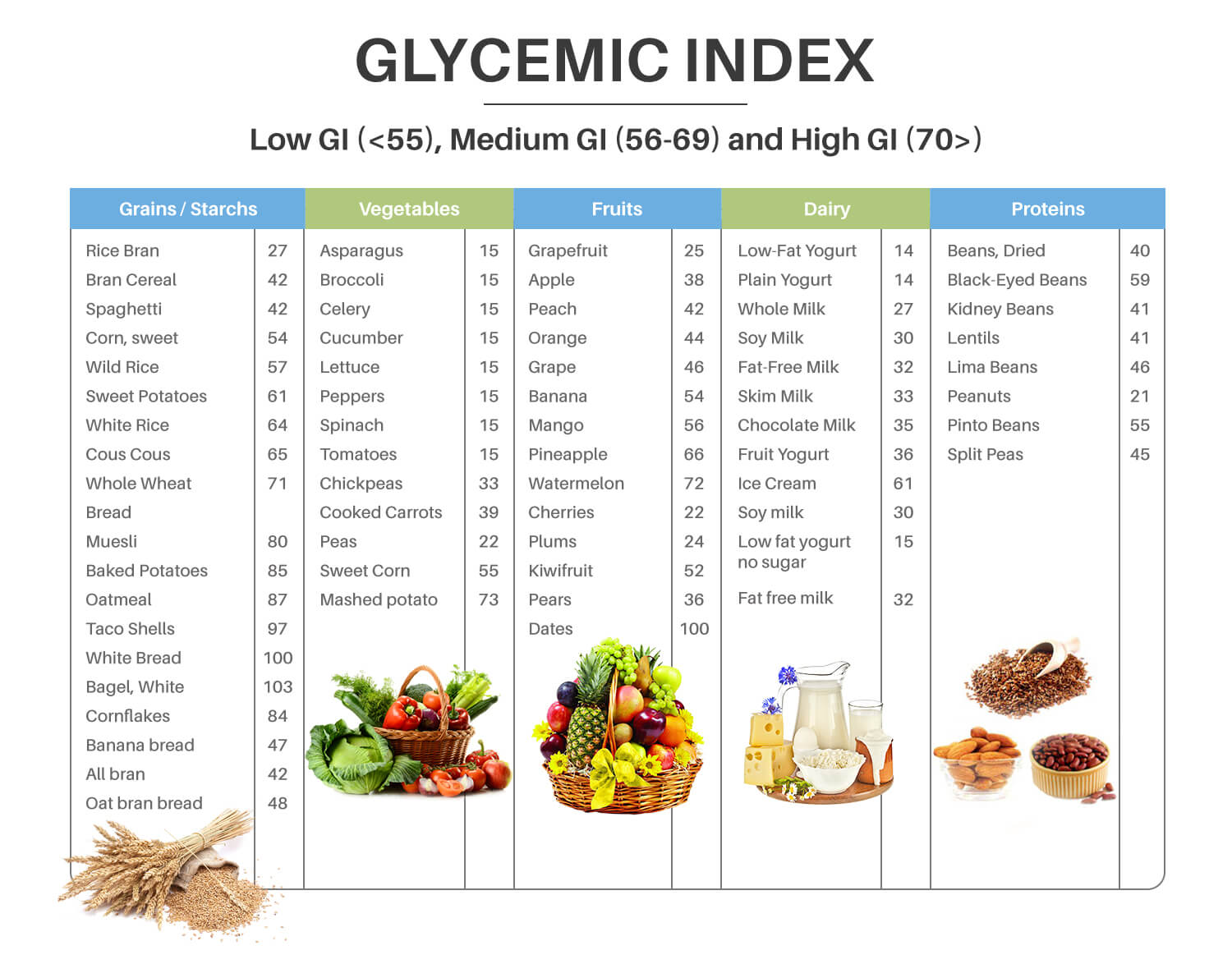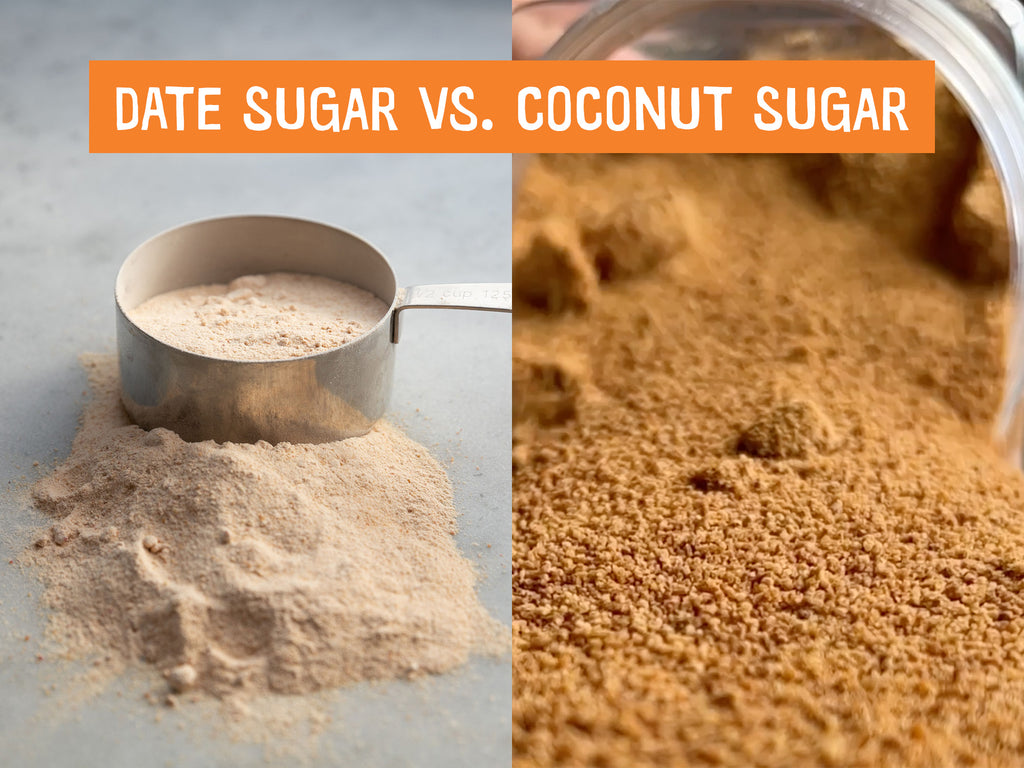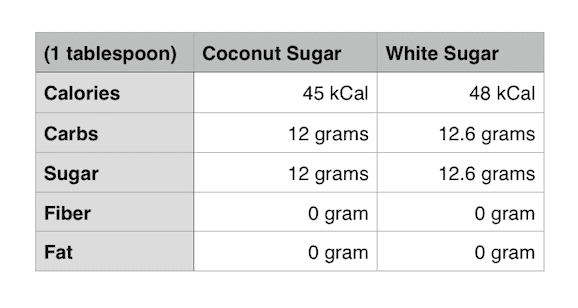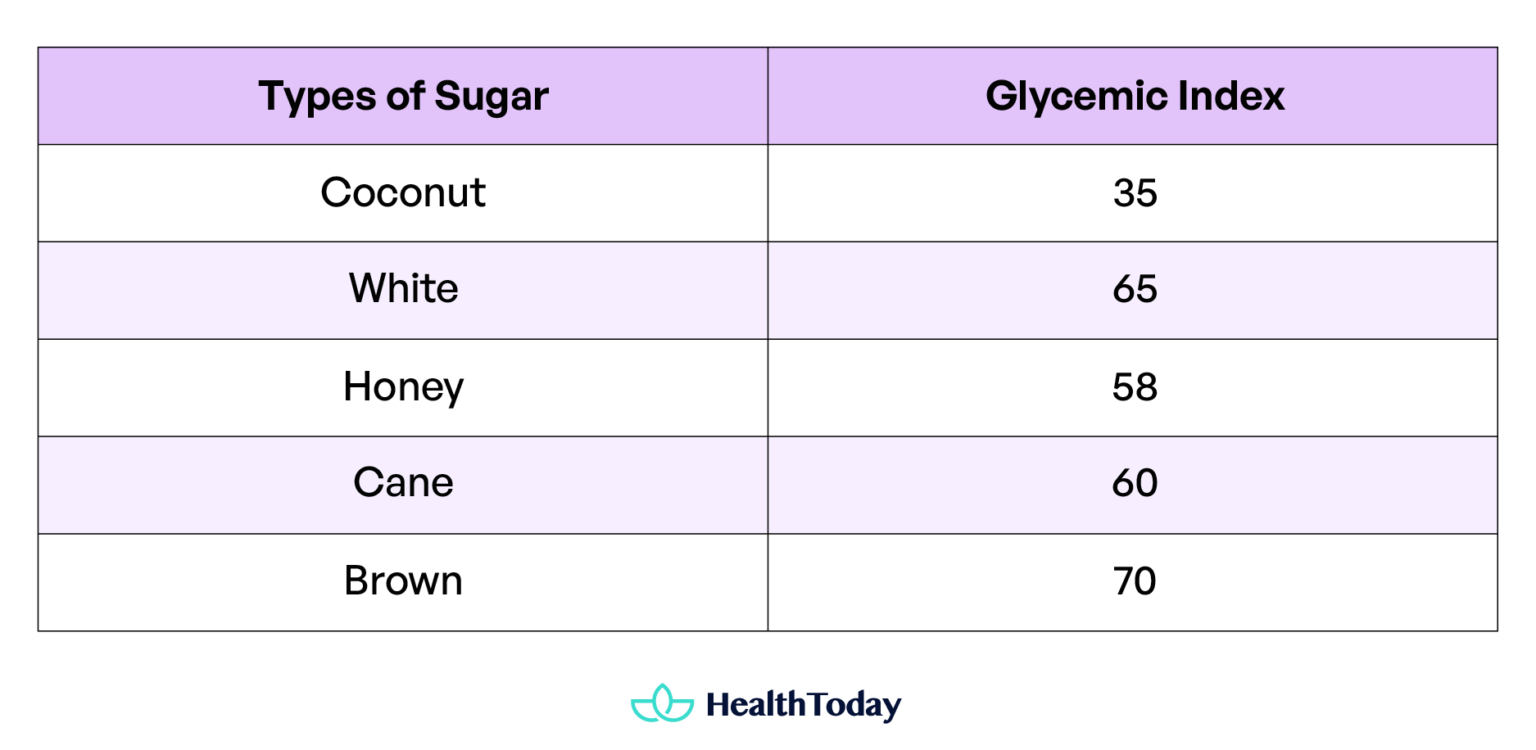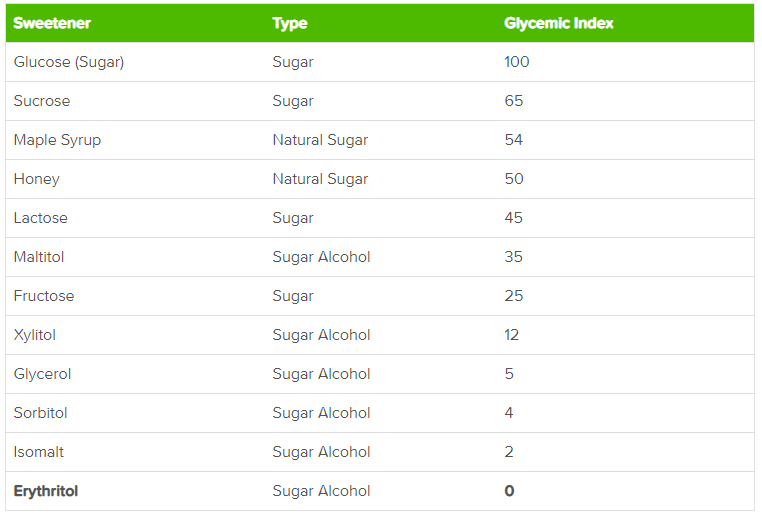Date Sugar Vs Coconut Sugar Glycemic Index
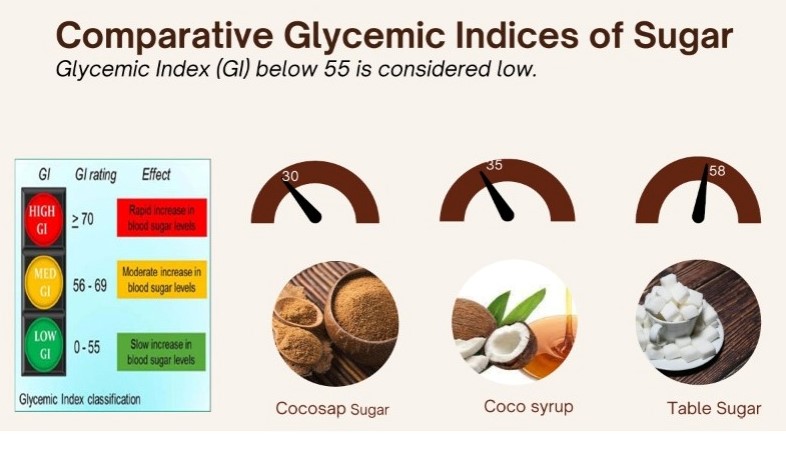
The quest for healthier sugar alternatives continues to drive consumer interest, with date sugar and coconut sugar emerging as popular choices. While both are often marketed as natural and healthier options compared to refined white sugar, a key factor in their nutritional profile lies in their glycemic index (GI). Understanding the GI of these sweeteners is crucial for individuals managing blood sugar levels, such as those with diabetes, and for anyone seeking to make informed dietary choices.
This article delves into a comparison of date sugar and coconut sugar, focusing specifically on their glycemic index and exploring the nuances that influence their impact on blood glucose.
Glycemic Index: A Quick Overview
The glycemic index (GI) is a ranking system that measures how quickly a carbohydrate-containing food raises blood glucose levels after consumption. Foods are ranked on a scale of 0 to 100, with glucose assigned a value of 100. Lower GI foods (55 or less) are digested and absorbed more slowly, resulting in a gradual rise in blood sugar, while higher GI foods (70 or more) cause a rapid spike.
Foods with a medium GI fall between 56 and 69.
Date Sugar: Composition and GI
Date sugar is made from dehydrated dates that are ground into a powder. Because it is essentially just ground dates, it retains the fiber, vitamins, and minerals present in the whole fruit.
This is a significant difference compared to many other sweeteners, which are often highly processed and stripped of nutrients.
However, it is also the fiber content that creates a unique challenge in determining date sugar's precise GI.
While some sources estimate the GI of date sugar to be around 42-50, a precise, scientifically rigorous GI value is difficult to ascertain due to variations in date varieties and processing methods. Furthermore, the fiber content, while beneficial for overall health, can interfere with the standard GI testing methodology.
It's important to note that because date sugar is essentially ground dates, it does not dissolve well in liquids and is best used in baking or as a topping.
Coconut Sugar: Origin and GI
Coconut sugar, also known as coconut palm sugar, is derived from the sap of the coconut palm tree flower. The sap is heated, causing the water to evaporate and leaving behind crystals that constitute coconut sugar.
It retains some minerals, such as iron, zinc, and potassium, but in relatively small amounts.
The glycemic index of coconut sugar has been a subject of debate and varying reports. Early claims suggested a very low GI of 35, which contributed to its initial popularity.
However, more recent and scientifically sound studies indicate that the GI of coconut sugar is closer to 54, putting it in the low to medium range.
This value can also fluctuate depending on the specific source and processing methods of the coconut sugar.
Date Sugar Vs. Coconut Sugar: A Comparative Look
When comparing date sugar and coconut sugar, several factors are worth considering beyond just the glycemic index.
Date sugar retains the fiber of the whole date fruit, which can help slow down sugar absorption and provide added digestive benefits. Coconut sugar, on the other hand, has minimal fiber content.
In terms of nutrient content, date sugar offers a more substantial amount of vitamins and minerals due to its whole-food nature. While coconut sugar contains some minerals, the quantities are not particularly significant.
From a culinary perspective, date sugar's texture and inability to dissolve readily make it less versatile than coconut sugar, which can be used as a direct substitute for white sugar in many recipes. Coconut sugar has a flavor profile similar to brown sugar, where date sugar has a unique date flavor.
Impact on Health and Dietary Choices
For individuals with diabetes or those seeking to manage their blood sugar levels, choosing lower GI sweeteners can be beneficial. While both date sugar and coconut sugar have lower GI values compared to refined white sugar, neither should be consumed in excessive amounts.
Portion control is key, regardless of the sweetener chosen.
It's crucial to remember that the glycemic index is just one aspect of a food's overall impact on health. The total carbohydrate content, fiber content, and other nutrients all play a role.
Furthermore, individual responses to different sweeteners can vary. What works well for one person may not be the best choice for another.
Conclusion
Both date sugar and coconut sugar offer potential advantages over refined white sugar, with their lower glycemic indices and (in the case of date sugar) added nutritional benefits. However, they are still forms of sugar and should be used in moderation as part of a balanced diet.
Consumers should be wary of marketing claims and consider the source and processing methods of these sweeteners. Consulting with a registered dietitian or healthcare professional can provide personalized guidance on choosing the most appropriate sweetener based on individual health needs and dietary goals.


